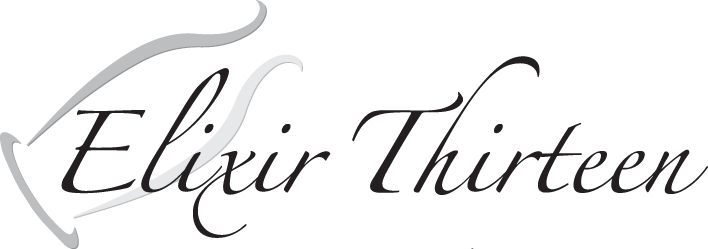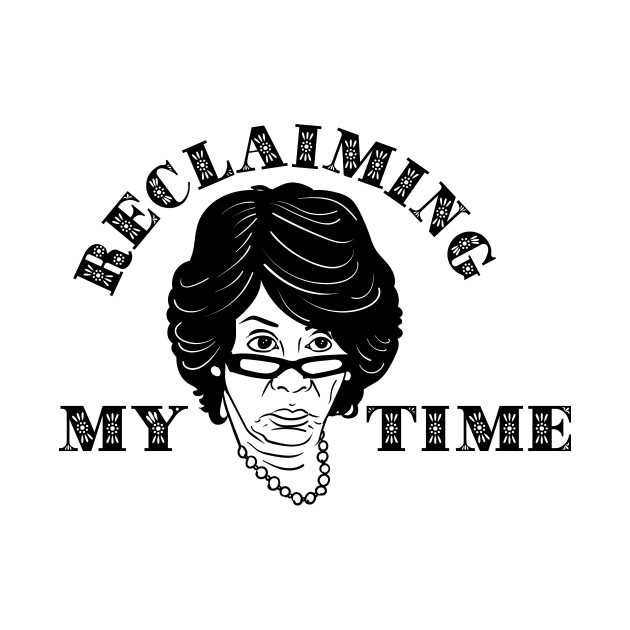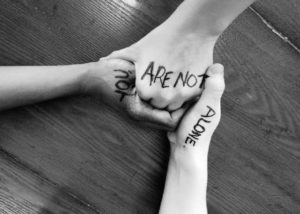One of my favorite things that has happened in the news recently was the whole Maxine Waters “reclaiming my time” thing. I’m dropping it below, in case you haven’t seen it. I watched the clip of the exchange between Maxine Waters and Mnuchin and I was so amused. I told several people that “reclaiming my time” would be my new motto because I was tired of it being wasted.
A couple weeks ago, I decided the pile of books on my nightstand was out of control. I used to have a strict rule about only reading one book at a time. But I like to read a lot of self improvement books and reading those all in one shot can be tedious sometimes. I need to break up my self improvement with something a little more captivating. So I have been actively trying to finish the pile of books on the nightstand. Brené Brown is one of my favorite self improvement authors. I love her so much. I listen to her TED Talk all the time and it never fails to make me cry. I had the honor of hearing her speak this past November. She’s just amazing and I tell everyone about her. It’s no surprise that one of the books on the nightstand is hers.
For a few weeks before I decided to finish Brown’s book, I had become aware that something was amiss with me. My anxiety was up and I didn’t really know why. I thought maybe writing for myself again was the cause. Writing is very therapeutic for me, but it also causes a lot of stuff about my childhood to surface. I still didn’t feel like that was the entire answer, but since I couldn’t put my finger on what was wrong, I had no choice but to soldier on until whatever it was made itself apparent.
I picked up Brown’s book and I started to read. The Gifts of Imperfection focuses on what the author refers to as “wholehearted living.” She talks about authenticity and being who you are, not who you think you’re supposed to be. She also talks about how we hide behind perfectionism and use it as a shield. I’m reading along and nodding, highlighting some stuff. Then, I get to the line in the book that stilled me. I read it again and again and again.
The opposite of joy is not pain or sorrow. The opposite of joy is fear.
In that moment, I finally knew what was wrong and I also knew when it began. For months, I had been slowly becoming more and more fearful. It started when I turned 40. I wrote about why that birthday was difficult for me. Daughters of women who die at a young age often feel like that forecasts something about their own life span. If my mother couldn’t escape her 40s, how would I? I began to obsess over every little thing that was wrong with me. I began catastrophizing on a regular basis. Everything was a portent of doom. Everything was cancer.
Once the fear of the health stuff had settled in, it became a snowball effect of fear replacing my joy. I began to tell myself on a regular basis that I couldn’t do things/handle things/things were too much for me. I’m one of the most capable and strong people around. But fear told me otherwise. Fear told me that everything was too much for me and I should climb into a hidey hole and never come out.
After that, I began placing other people’s needs ahead of my own. I let their opinions, desire/lack of desire for me, what they were going through, matter more than it ever should have. I wasted my time on people who were clearly not invested in me and then I let their lack of investment be a comment on my worth. I tipped my head back, opened my mouth, and I swallowed whole all of the anxiety and fear that these situations had to offer.
That evening, I closed Brown’s book. I sat on my bed for a long while tracing the path of what I had done and what I had allowed. It was then that Maxine Waters’s words played through my brain.
I decided that I, too, would reclaim my time, but not just my time. I wanted back the joy that I let fear steal. I wanted back my sense of gratitude for all of the opportunities and amazing people in my life. I wanted back my normal, sunny disposition, and I wanted to ditch the guarded spirit I had allowed in.
Going forward, I decided I would expand on Maxine Waters’s words and make them a mantra.
Reclaiming my time.
Reclaiming my optimism.
Reclaiming my gratitude.
Reclaiming my faith.
And most importantly…Reclaiming my joy.
P.S. I wrote this just before I saw Maxine Waters shout “I will not yield!” at some old, white racist on the House floor. Maxine Waters is becoming my own personal guru, because I’m taking that, too.
I will not yield to fear.



